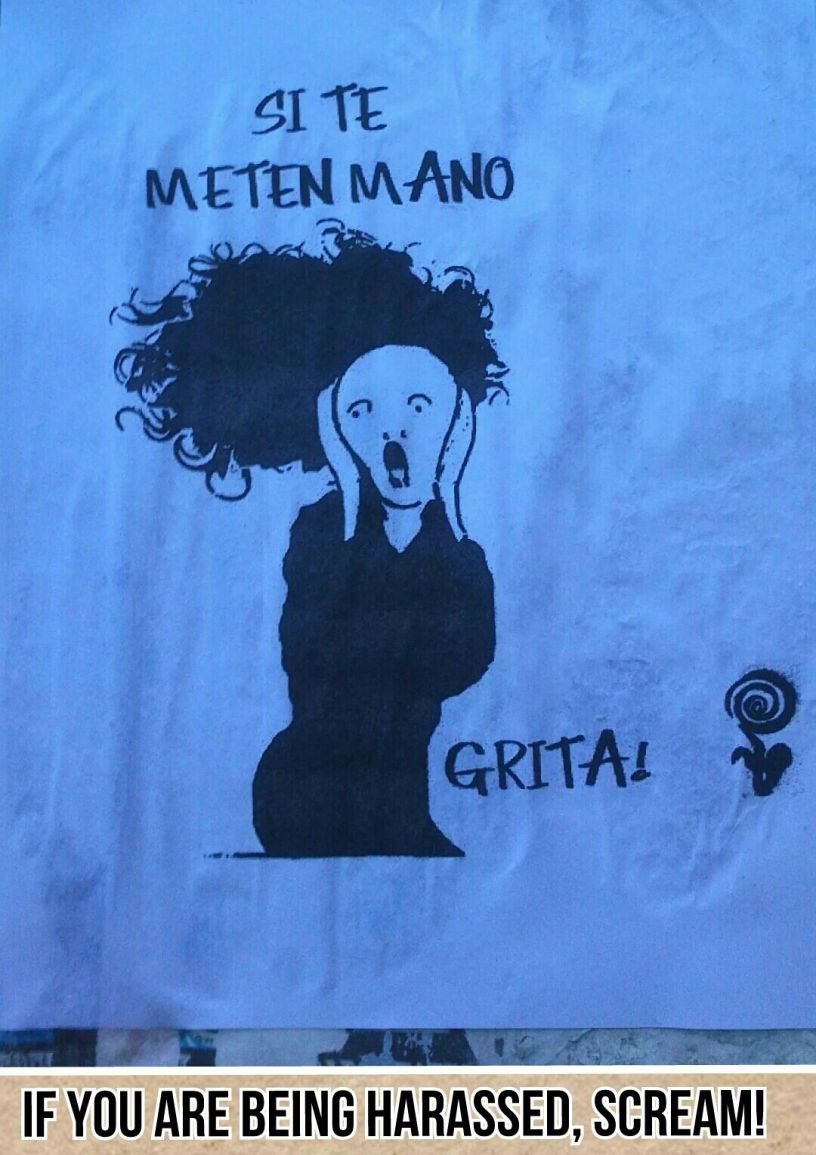I’ve been commuting to and from my house since I reached high school. I’ve had my fair share of catcalls and whistles. I did not mind those men because in my mind I am above them.
When I graduated high school, I went to a college that is far from our home but still I commute everyday. I ride a bus going to college and going back home.
One morning, I rode the bus like I always do. I chose a seat that’s far from the driver’s seat, though it is not all the way at the back of the bus. If you have been in Manila, you’ll know that the buses will be full of people. At one point, a man dressed appropriately like he is going to his office sat beside me. At first, he just sat there not minding me. But as the ride went on, he started feeling me. He was trying to touch my breast. My instinct was to scoot farther from him, closer to the window. I was very afraid because he was also making sounds that I thought he was pleasuring himself under his jacket that was strategically placed on his lap. The bus was full and even the aisle have people standing. I know someone could hear him because he was not quiet but they did not do anything. They turned a blind eye. After a while, the man alighted from the bus. That’s when I realized that my phone was missing.
I was not only harassed, I was also robbed. I did not reported it to the police because no one helped me. When I screamed that I was robbed, the people looked at me like I was disturbing them. All I felt that time was their apathetic stares.
That is why I am very vocal about my stand on any form of harassment. And I encourage every one not to turn a blind eye when someone needs your help especially in the streets because no one should feel alone.
– L.
Location: Bus. Manila, Philippines
Share your street harassment story for the blog.
See the book 50 Stories about Stopping Street Harassers for more idea

